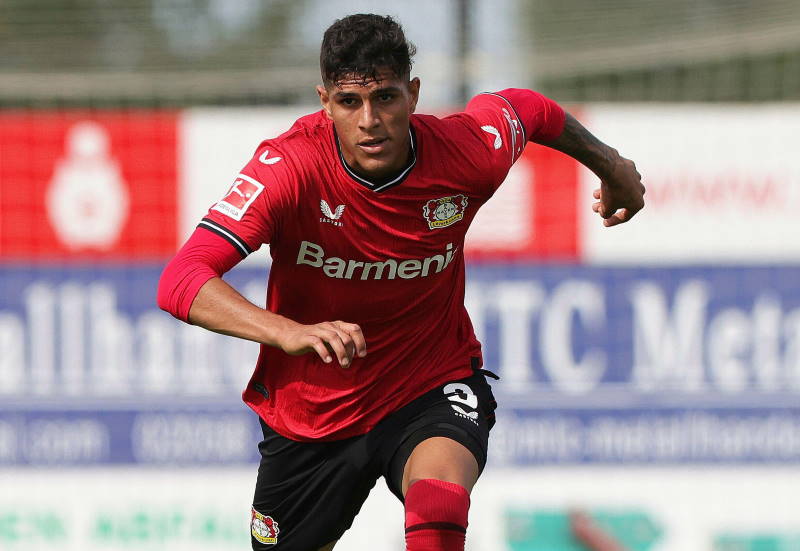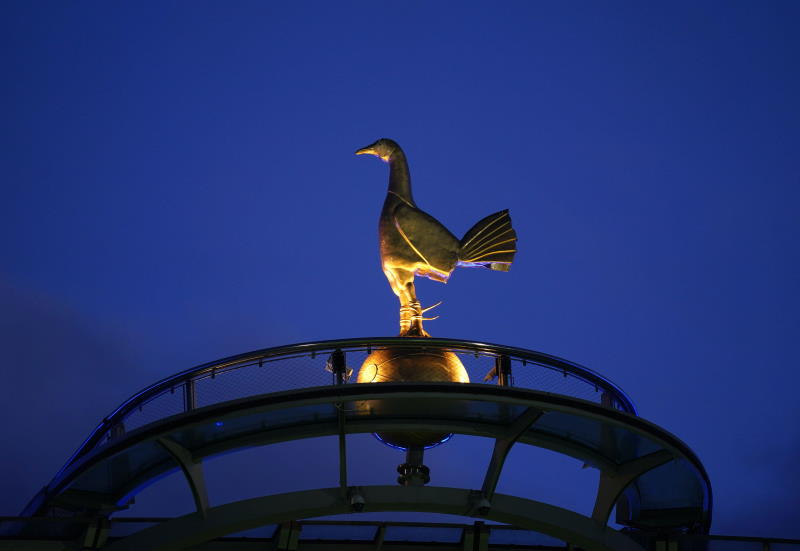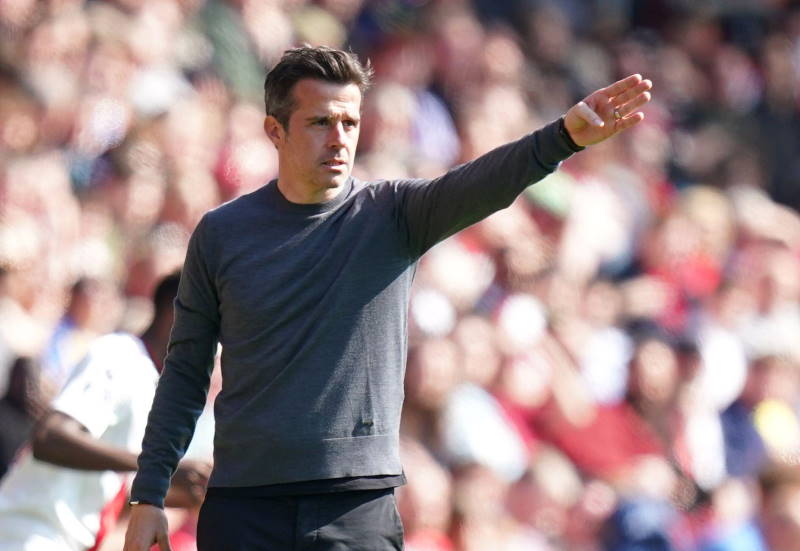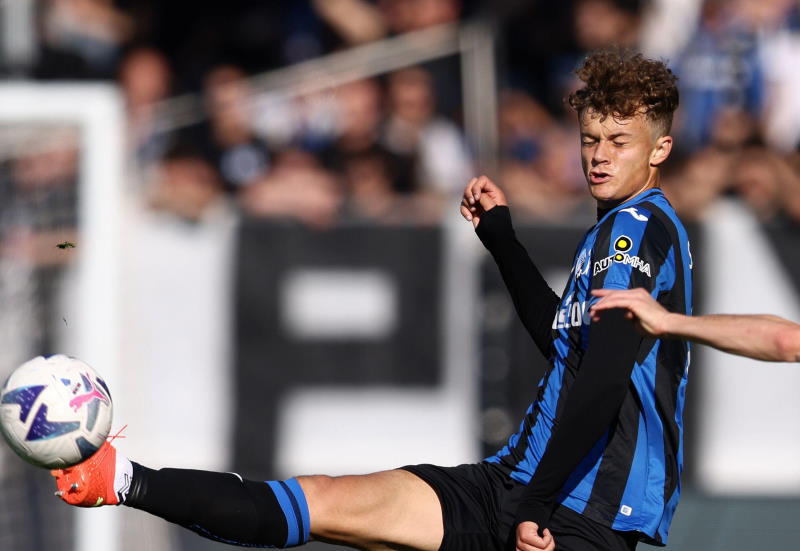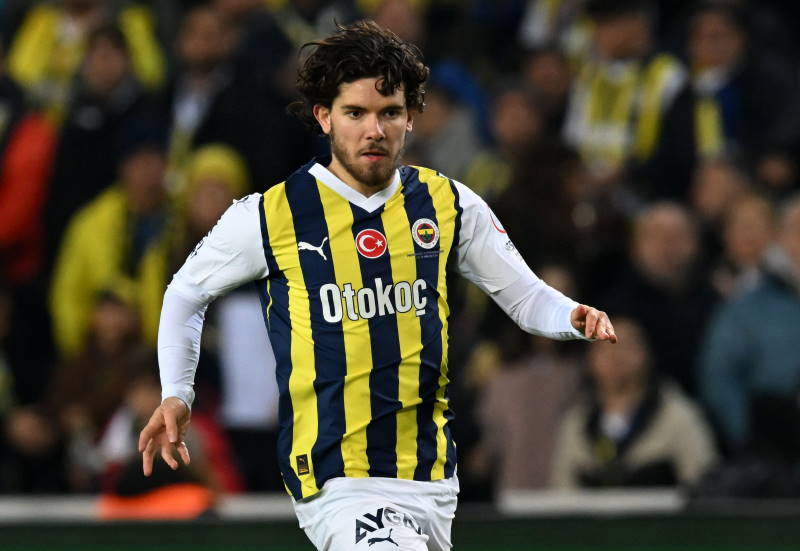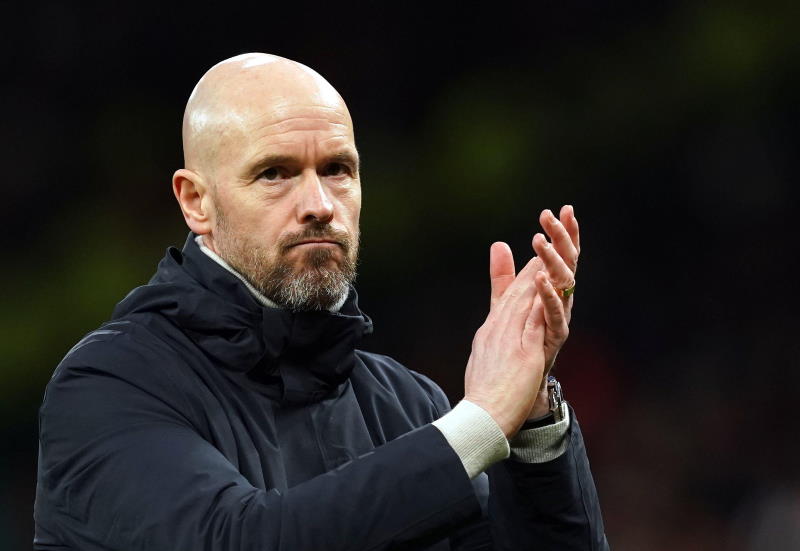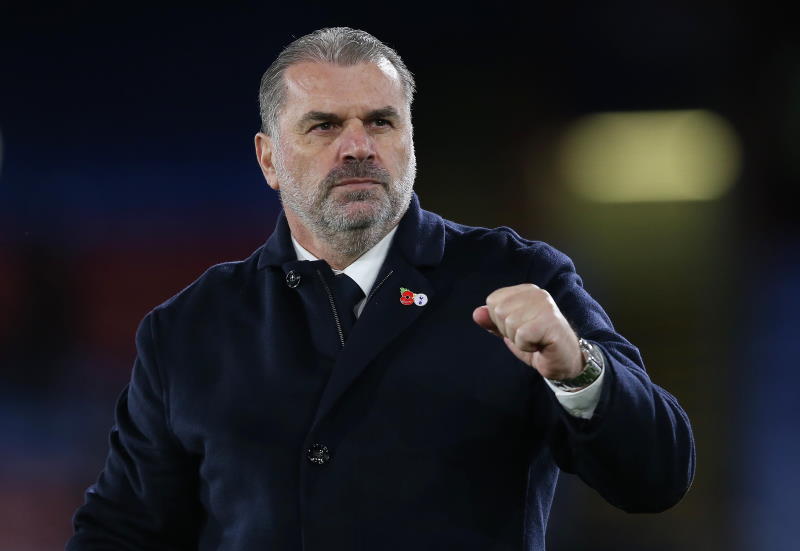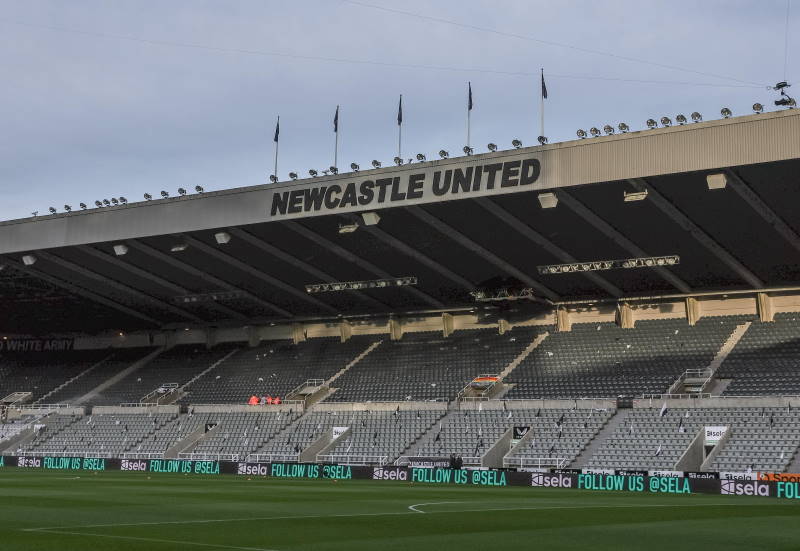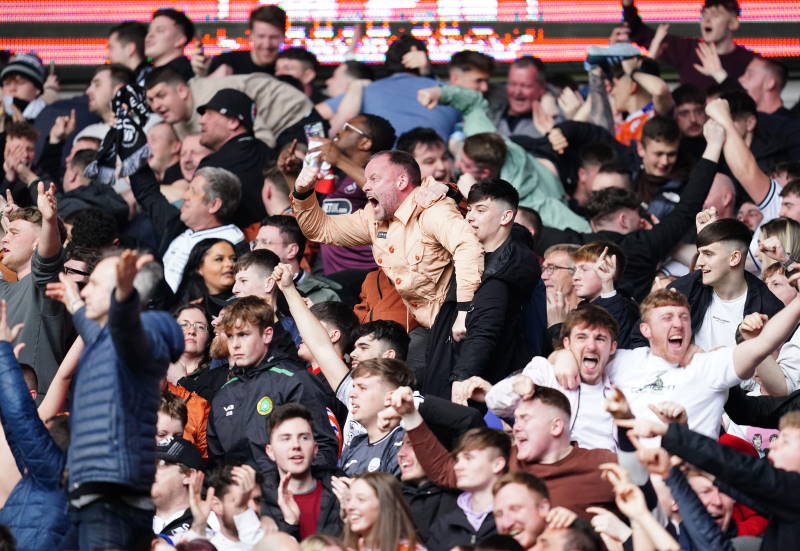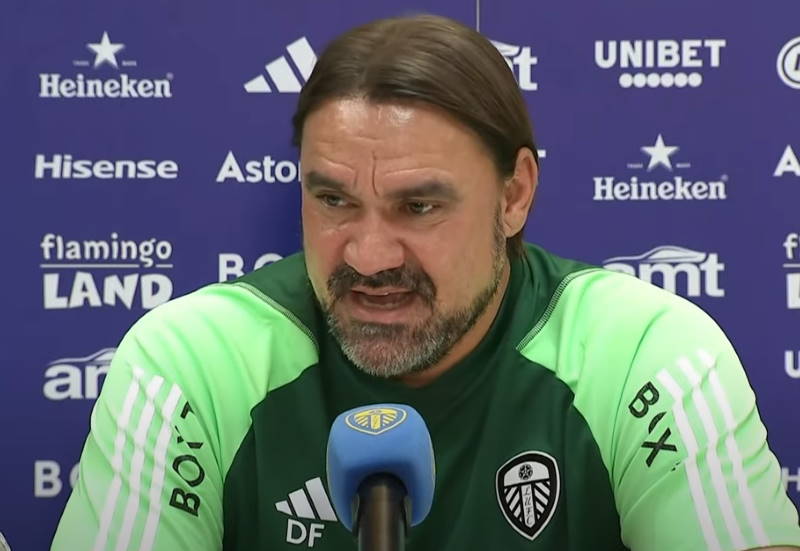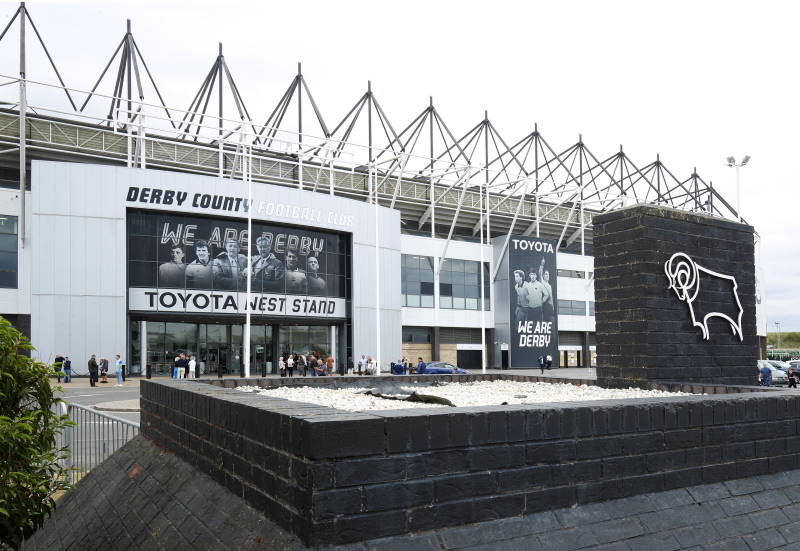
The marathon South American World Cup qualification process finally came to its conclusion on Tuesday, with the identity of the four automatic qualifiers for Brazil 2014 now known. Argentina, Chile, Colombia and Ecuador will definitely represent the continent next year, while Uruguay will expect to join them, with just a two-legged playoff against Jordan standing between them and a place in Brazil.
Argentina were the only side assured of qualification prior to the two final rounds of fixtures and finished the campaign with a victory at home to Peru and a narrow defeat away to Uruguay, both without the injured Lionel Messi. Coach Alejandro Sabella has formed a well-balanced side who were the clear class of the group, scoring the most goals (35) and conceding less (15) than all but one team.
If weaknesses still exist then there are perhaps to be found in defence, where first choice central defender Federico Fernandez is unlikely to receive significant playing time for Napoli this season and left-back Marcos Rojo is yet to totally convince for the national team. With the majority of the defensive backups 30 or older, pace could also be an issue.
Otherwise, Argentina are very much worthy of their early billing as one of the tournament favourites. With Messi, Gonzalo Higuain and Sergio Aguero leading their attack, they have players capable of causing problems for any team in the competition.
Colombia have been clustered with Belgium as dark horses for Brazil 2014 and have certainly performed impressively since Jose Pekerman replaced Leonel Alvarez in January of 2012. The experienced Argentinian, who led his own country to the quarter-finals in 2006, has concentrated on striking the right balance between attack (where he is blessed with an array of talent) and defence (where he is not).
Los Cafeteros conceded just nine goals in the 13 qualifying matches he led them in, but three of those came last Friday, when Chile brutally exposed some of the flaws of Pekerman’s side. Chile pressed Colombia’s defence and midfield, winning the ball back and then running straight at the Colombian defence, whose disarray was clear to see as Chile went into the break 3-0 up.
Colombia came back to draw 3-3, with the quality of the likes of James Rodriguez and Radamel Falcao shining through, but the match will still have given Pekerman much to ponder. Colombia’s most creative performances have come at home in Barranquilla, where the heat and humidity has generally guarded against teams pressing them. They will not be able to rely on such favourable conditions next year and midfielders such as Abel Aguilar and Macnelly Torres could well be neutered by energetic opponents.
Chile could stake an argument for being the continent’s most impressive team since former Universidad de Chile coach Jorge Sampaoli displaced Claudio Borghi at the start of the year. Seven victories, three draws (including against Brazil and Spain) and just one defeat have followed as Sampaoli has brought about a return to the high-octane attacking football of the Marcelo Bielsa era.
Sampaoli has a good idea of the players he can count on for next year’s tournament, having already named 18 whom he considers certainties for the squad if fit. With Alexis Sanchez, Eduardo Vargas and Jorge Valdivia dovetailing in the final third and Arturo Vidal and Mauricio Isla providing thrust from deep, there will be few teams in Brazil as attractive as Chile.
Issues remain in defence, with Colombia’s second half comeback last Friday making it clear that Chile are uncomfortable defending close to their own goal. Sampaoli admitted as much in the post-match press conference and went on to suggest that his side will press more vigorously and for longer to ensure opponents do not have opportunities to pin them back.
Ecuador came under the full brunt of Chile’s impressive pressing game on Tuesday in Santiago. They acquitted themselves decently, but were 2-1 losers on the night. It was a familiar story in a qualifying campaign in which Ecuador have struggled to replicate their excellent home form on their travels. Reinaldo Rueda’s men secured 22 of their 25 point total at home at the altitude of Quito, an advantage they will be unable to benefit from in Brazil.
With a number of quick, direct dribblers in the final third and the imposing Felipe Caicedo up front, they were deserved qualifiers, but it is difficult to see them making much of an impact in the tournament itself. The tragic death of Christian Benitez in July deprived them of their talisman and a prolific goalscorer, while an error-prone defence seems unlikely to stand up to scrutiny. Qualifying was, in of itself, an admirable achievement, but further glory seems improbable.
Uruguay will, as in 2010, have to rely on a playoff victory to reach the World Cup, but having clawed their way back into the top five of the group with four victories in the final five qualifiers, can now be heavily fancied to finish the job by defeating Asian fifth-place finishers Jordan over two legs next month.
Oscar Washington Tabarez presides over an ageing squad, but one that displayed its adeptness in knockout competition with a spirited showing in this summer’s Confederations Cup. They never looked entirely comfortable when charged with taking the initiative during the qualifiers and their defence is horribly lacking in pace, but against stronger opposition their ability to sit deep and break, with Edinson Cavani and Luis Suarez menacing figures on the counter, means they have a decent chance of doing well in Brazil.
It is interesting to note that three of the four 2011 Copa America semi-finalists failed to qualify for Brazil 2014, with Paraguay, Peru and Venezuela all missing out, the latter just narrowly, after at one point looking well placed to qualify for a first ever World Cup. Bolivia propped up the group, picking up just one point on their travels compared to 10 at the altitude of La Paz.
Bolivia and Venezuela look set to retain their respective coaches, but Peru will need a new one after Sergio Markarian confirmed that he has no intention of renewing his contract. Paraguay went through three coaches during the qualification process and will most likely look to another to lead them into the 2015 Copa America and 2018 World Cup qualifiers.
Like to bet on football? Pay Inside Bet a visit!

